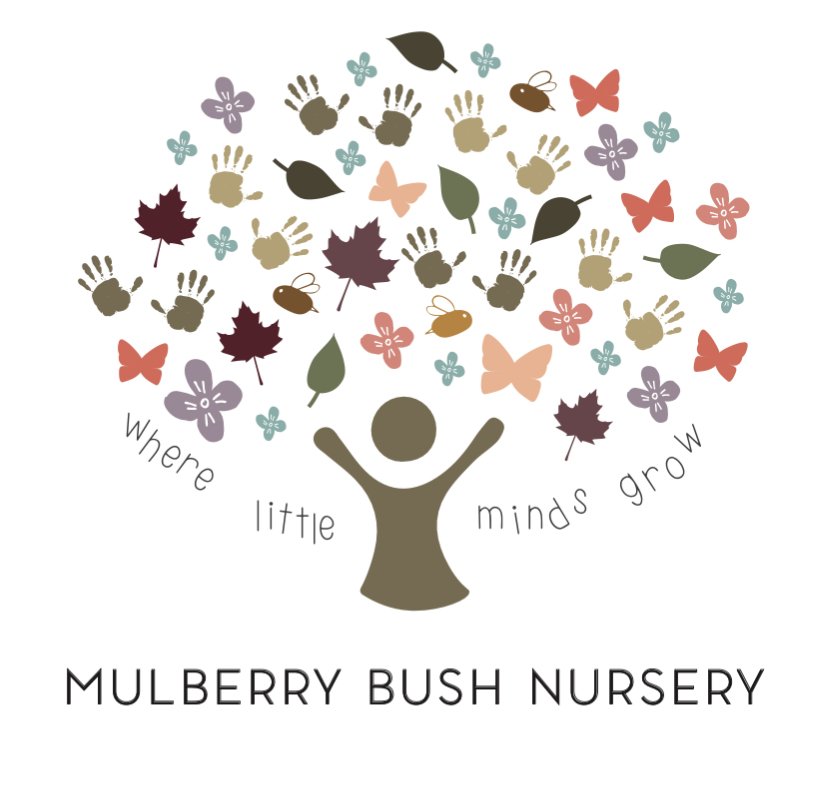Children’s records Policy
Policy:
We have record keeping systems in place that meet legal requirements; the means we use to store and share that information takes place within the framework of the Data Protection Act (1998) and the Human Rights Act (1998).
This policy and procedure should be read alongside our Confidentiality and Client Access to Records Policy and our Information Sharing Policy.
If a child attends another setting, we establish a regular two-way flow of appropriate information with parents and other providers. Where appropriate, we will incorporate comments from other providers, as well as parents and/or carers into the child’s records.
We keep two kinds of records on children attending our setting:
Developmental records
These include observations of children in the setting, photographs, video clips and samples of their work and summary developmental reports.
These are usually kept in a lockable filing cabinet in the pre-school lockable cupboard, and can be accessed, and contributed to, by our staff.
Personal records
These may include the following (as applicable):
Personal details – including the child’s registration form and any consent forms.
Contractual matters – including a copy of the signed parent contract, the child’s days and times of attendance, a record of the child’s fees, any fee reminders or records of disputes about fees.
Child’s development, health and well-being – including a summary only of the child’s EYFS profile report, a record of discussions about every day matters about the child’s development health and well-bring with the parent.
Early Support – including any additional focussed intervention provided by our setting (e.g. support for behaviour, language or development that needs an Educational Healthcare Plan and records of any meetings held.
Welfare and child protection concerns – including records of all welfare and protection concerns, and our resulting action, meetings and telephone conversations about the child, a Statement of Special Educational Need and any information regarding a Looked After Child.
Correspondence and Reports – including a copy of the child’s 2 Year Old Progress Check (as applicable), all letters and emails to and from other agencies and any confidential reports from other agencies.
These confidential records are stored in a lockable file or cabinet, which is always locked when not in use and which our manager keeps secure in an office or other suitably safe place.
We read any correspondence in relation to a child, note any actions and file it immediately
We ensure that access to children’s files is restricted to those authorised to see them and make entries in them, this being our manager, deputy or designated person for child protection, the child’s key person, or other staff as authorised by our manager.
We may be required to hand children’s personal files to Ofsted as part of an inspection or investigation process; or to local authority staff conducting a S11 audit, as long as authorisation is seen. We ensure that children’s personal files are not handed over to anyone else to look at.
Parents have access, in accordance with our Client Access to Records Policy, to the files and records of their own children, but do not have access to information about any other child.
Our staff will not discuss personal information given by parents with other members of staff, except where it affects planning for the child's needs. Our staff induction programme includes an awareness of the importance of confidentiality in the role of the key person.
We retain children’s records for three years after they have left the setting; except records that relate to an accident or child protection matter, which are kept until a child reaches the age of 21 years or 24 years respectively. These are kept in a secure place.
Archiving children’s files
When a child leaves our setting, we remove all paper documents from the child’s personal file and place them in a robust envelope, with the child’s name and date of birth on the front and the date they left.
We seal this and place it in an archive box, stored in a safe place (i.e. a locked cabinet) for three years. After three years it is destroyed.
Where there were s.47 child protection investigations, we mark the envelope with a star and archive it for 25 years.
We store financial information according to our finance procedures.
Other records
We keep a daily record of the names of the children we are caring for, their hours of attendance and the names of their key person.
Students on Pre-school Learning Alliance or other recognised qualifications and training, when they are observing in the setting, are advised of our Confidentiality and Client Access to Records Policy and are required to respect it.
